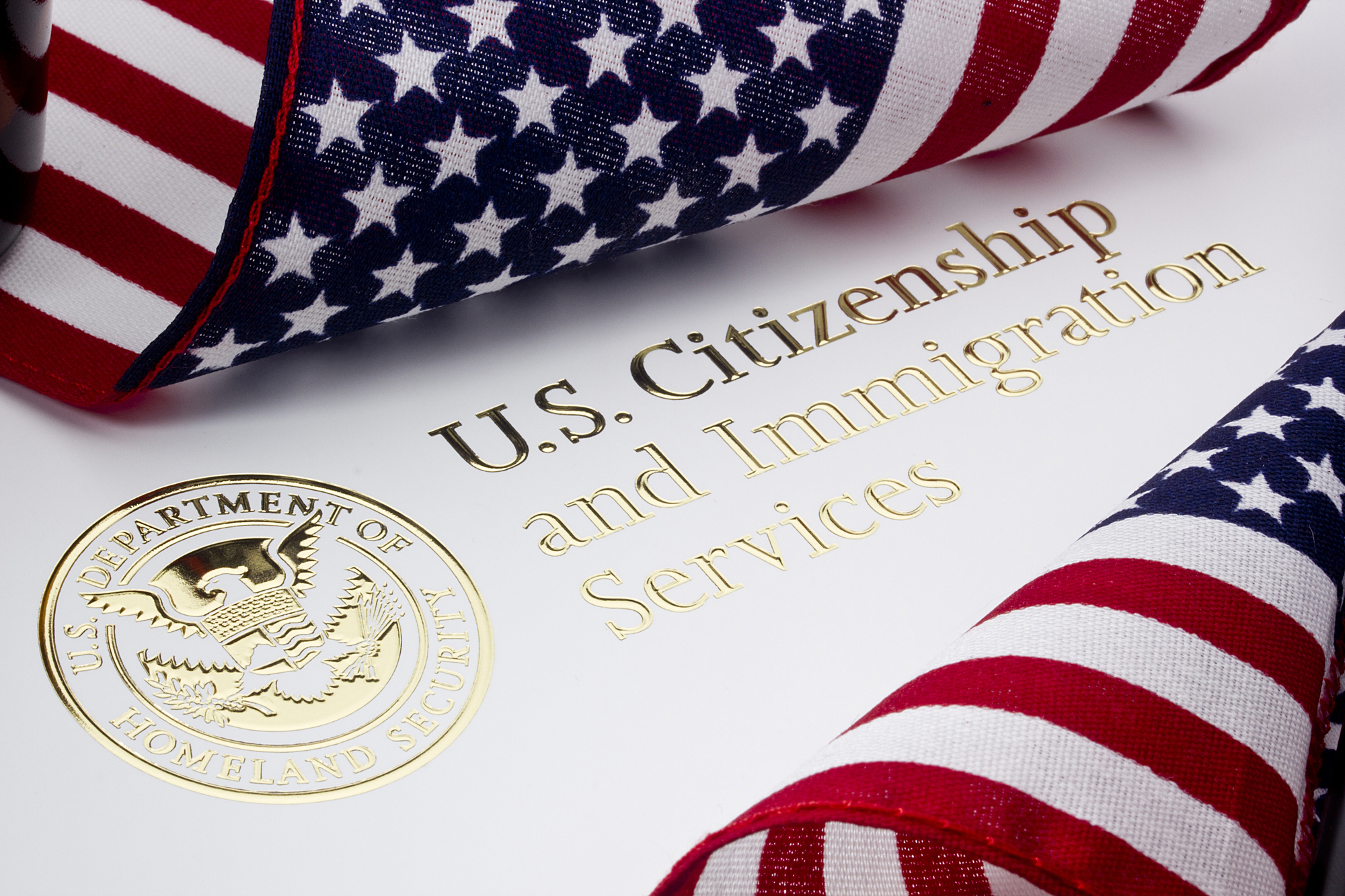Categories
2020 electionAnimated by what President Donald Trump has repeatedly called a crisis on our Southern border, the administration has ramped up hard-line immigration policies, some of them targeting legal migrants.
Officials in August unveiled a new policy authorizing the U.S. Department of Homeland Security to deny green cards to immigrants who have received public benefits or who are deemed likely to do so. A green card allows an immigrant to live and work permanently in the U.S.
In what seemed like a matter of days, if not hours, the term “ public charge” was thrust into our lexicon as the country grappled not only with what had already been established law but also with how the government intended to broaden the decades-old test to include health, nutrition and housing programs.
The concept isn’t new.
“Self-sufficiency has been a basic principle of United States immigration law since this country’s earliest immigration statutes,” Democratic Reps. Francis Walter and Pat McCarran wrote in the 1952 Immigration and Nationality Act. “It continues to be the immigration policy of the United States that — aliens within the nation’s borders not depend on public resources to meet their needs, but rather rely on their own capabilities and the resources of their families, their sponsors, and private organizations.”
But it’s the way that language has been interpreted that experts say is leaving longstanding DHS policy behind.
Since the 1950s, an immigrant seeking a green card or temporary asylum could be penalized if he or she is “primarily dependent” on the government for income support. The new rule, scheduled to go into effect in October, would affect any immigrant who receives wide-reaching public benefits for more than an aggregate of 12 months over three years’ time.
That means that Medicaid, the Supplemental Nutrition Assistance Program (also known as food stamps) and Section 8 housing vouchers and other federally subsidized housing could be determining factors in whether an individual’s case can proceed.
The Trump administration has lobbied Congress since 2017 to pass a law limiting legal U.S. immigration, establishing standards for skills, education and even language. Ken Cuccinelli, the acting director of U.S. Citizenship and Immigration Services, said in August that the “huddled masses” referred to in the poem near the base of the Statue of Liberty were immigrants of European descent. He suggested the poem should read: “Give me your tired and your poor who can stand on their own two feet, and who will not become a public charge.”
Randy Capps, a director of research at the Migration Policy Institute, summed up Trump’s latest legal migration policy initiative.
“This rule kind of accomplishes the same thing by (the) back door,” he told NPR’s “All Things Considered. ”
“It’s using that same kind of merit definition that someone has to have a certain level of education, a certain income or assets, English proficiency and all these other factors in order to get into the country legally. So it really is aimed at restricting legal immigration.”
Nonprofit newsrooms such as ProPublica have done deep dives into the nearly 800-page-long final rule, uncovering puzzling and even conflicting details. Several states’ attorneys general have threatened to sue the administration, citing unfair burdens on children and families.
The Boston Globe’s health project STAT reported that public health officials are worried about the effect the policy could have on immunization rates among Latino populations who are reluctant to use public services for their children or themselves.
More recently, DHS handed down a policy that would allow federal authorities to detain migrant children and their families indefinitely.
The 1997 Flores Settlement Agreement, which established a 20-day minimum by which the government would release children from custody, is — or was — another policy the administration is abandoning.
Advocates say the new policy on “public charge closes a loophole that has contributed to the rising number of illegal border crossings, but California and 19 other states have filed suit to block the latest action.
News organizations have reported that the administration has earmarked more than $270 million in DHS funds, including disaster aid money, to increase detention-center capacity along the border. Those stories came as Hurricane Dorian was nearing the Florida coast.
Trump has made immigration a key political strategy heading into the election.
The Investigative Reporting Workshop maintains a timeline that features key changes and proposed changes in the administration’s immigration policy as well as immigration policy plans from each of the 2020 Democratic candidates for president.





